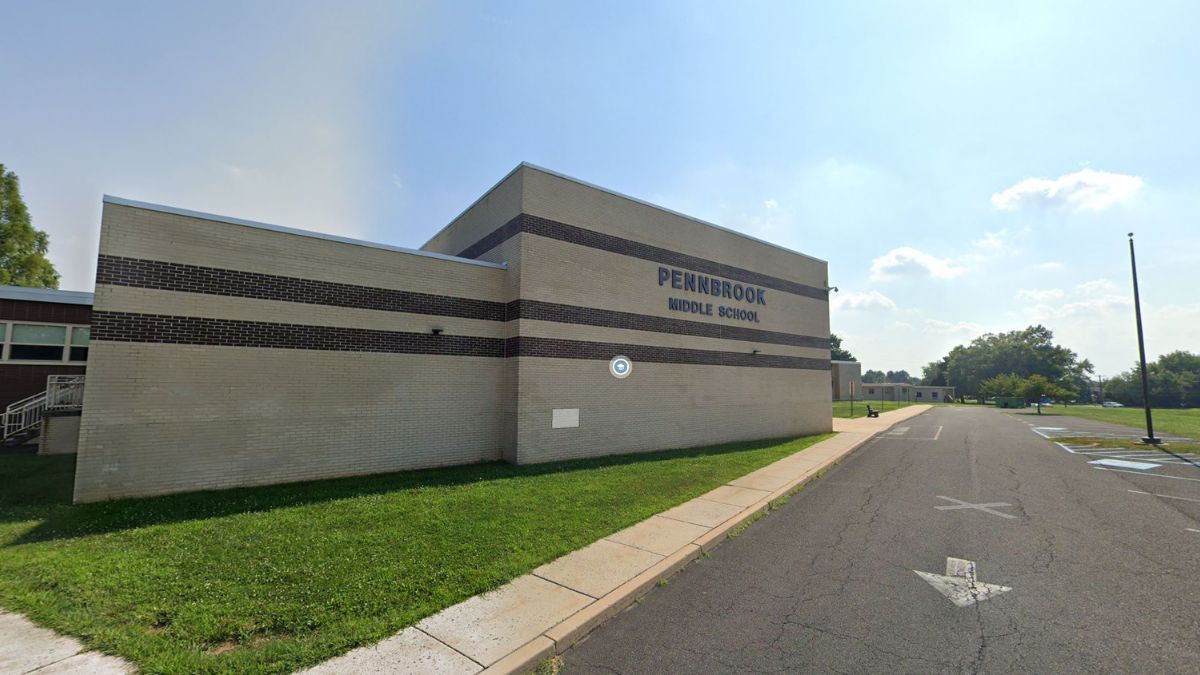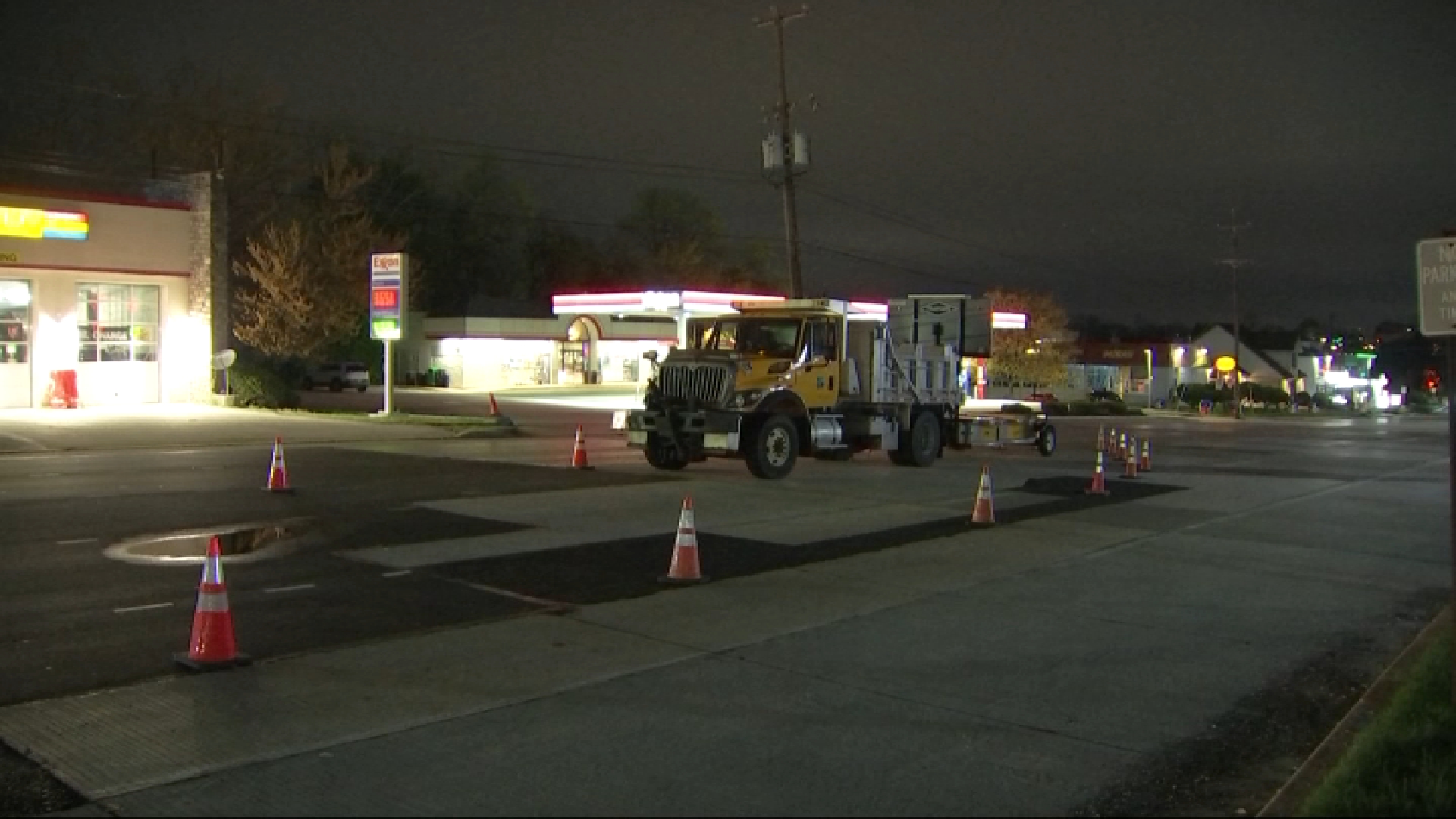New Jersey lawmakers are beginning their scrutiny of Gov. Phil Murphy's $37.4 billion budget proposal.
The Democrat-led Assembly and Senate budget committees opened the season-long budget process with public hearings on the Democratic governor's first budget.
Murphy's proposal makes a number of changes from his Republican predecessor Chris Christie's spending blueprints, including raising income taxes on millionaires, hiking and expanding the sales tax and closing corporate tax loopholes, among other changes. Murphy is also funding school aid at a higher rate, boosting the state payment to the public pension as well as for New Jersey Transit.
The hearings come ahead of testimony later this year from legislative budget analysts and the Murphy administration on the status of New Jersey's revenues.
Lawmakers and Murphy have until June 30 to enact a balanced budget.
Education Funding
Murphy's budget calls for an increase of $284 million in aid for a school funding formula that was approved by the state Supreme Court but never implemented by the Christie administration. Murphy pledged to boost aid during the campaign and the funding was praised during the hearings by the state's largest teachers union, the New Jersey Education Association.
Local
Breaking news and the stories that matter to your neighborhood.
But parents and educators from districts that stand to see fractional increases in aid raised concerns. Jaclyn Halaw, the mother of two students in Chesterfield schools, testified that her district is so underfunded that she received phone calls from the school district alerting her that students were unintentionally exposed to pornographic material while working on school computers. She attributed the lack of tech security to too little funding. "The inequity is disturbing," she said.
Taxes
Murphy's budget proposes raising the top tax rate on income over $1 million to 10.75 percent. Currently the top rate on incomes over $500,000 is 8.97 percent. Liberal groups that have long advocated for higher taxes to fund programs told lawmakers the budget has the correct priorities. Murphy is also proposing raising the state's sales tax from 6.625 percent to 7 percent. The rate was lowered as part of a 2016 deal between lawmakers and Christie to raise the gas tax while cutting the sales tax.
Murphy argues the cut doesn't much help residents but blows a hole of more than $500 million in the budget. Murphy is also proposing expanding the sales tax to e-cigarettes and services like ride-shares and Airbnb. Mark Anton, legislative director for the New Jersey Vapor Rights Coalition, said the sales tax hike would hurt people trying to quit smoking through vaping and pinch vape shops financially. "This tax would just devastate our industry," he said.
What's Next?
Legislators will hold additional hearings at which the public can come to testify before they hear about the status of revenues from the Office of Legislative Services, which serves as the Legislature's budget estimators, as well as from the Murphy administration's treasurer. Revenues matter because if they fall below expectations, then some programs could see cuts or new sources of cash might have to be found.
Also part of Murphy's proposal but so far not playing a large role in the budget hearings is the legalization of recreational marijuana, which the governor is anticipating by January and budgeting $60 million in revenue. Lawmakers are holding separate hearings on that issue.



